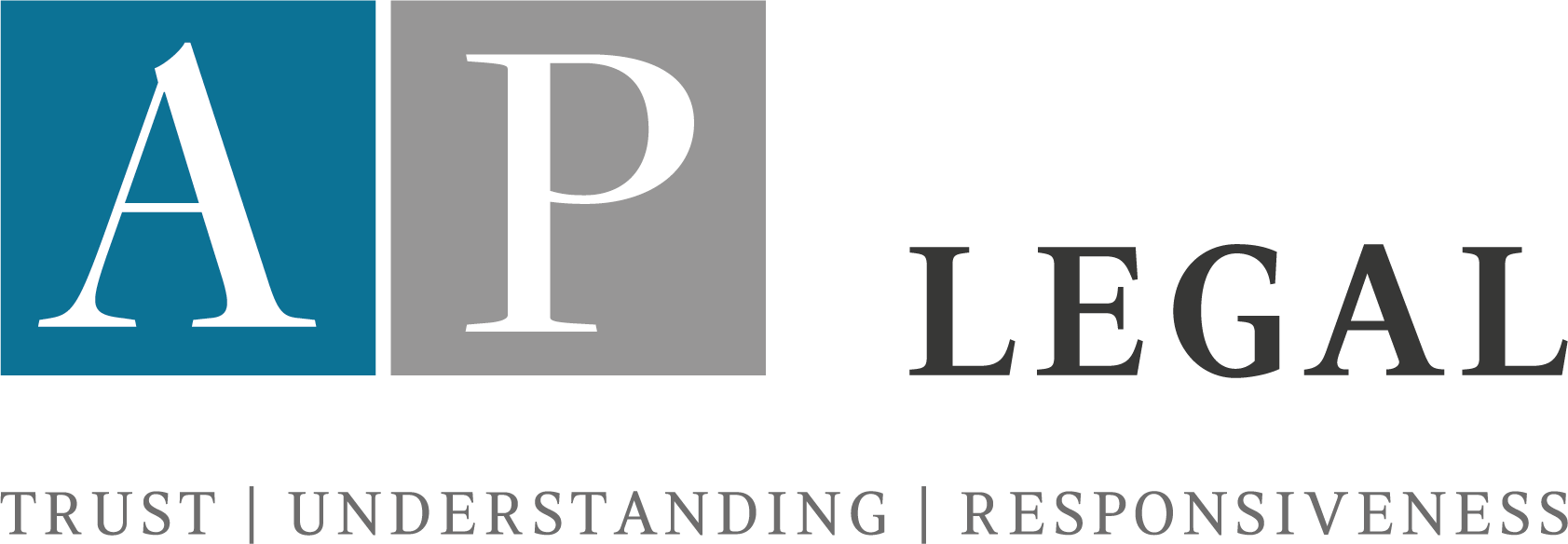Labour migration in Greece has become a critical solution to workforce shortages across key sectors.
In Europe, labour shortages have intensified significantly over the past decade, affecting all sectors and all skill levels – from healthcare and care services to construction, manufacturing, hospitality, transport and highly specialized professions. These shortages are both quantitative and qualitative, linked to skill mismatches and stemming from long-standing structural issues such as low participation of certain social groups, unfavorable working conditions and regional disparities, as well as from contemporary challenges such as demographic ageing and the digital/green transition. As a result, labor migration is increasingly emerging as a necessary tool for meeting the needs of the European labor market.
Against this background, the need to reform and update the current migration framework is further confirmed by the existing conditions in the labor market, where shortages are observed in an ever-growing number of sectors and occupations. Despite the foreign workforce approvals issued on an annual basis, a significant part of them does not ultimately lead to the arrival of workers, due to delays, bureaucratic obstacles, fragmented responsibilities and a lack of predictability in the procedures. Particularly indicative is the rise in pending residence permit applications for employment, as reflected in the official data of the Ministry of Migration and Asylum. Specifically, the number of pending applications has been steadily increasing: from 306 applications in 2021, to 2,185 in 2022, 8,257 in 2023, 28,699 in 2024, and reaching 53,129 pending applications in 2025, when real labor needs in Greece exceed 300,000 positions in sectors such as tourism, construction, agriculture and industry. This escalating burden, highlights systemic delays and the need for substantial interventions to ensure an effective, lawful and operationally adequate mechanism for the legal entry of third-country workers.
In response to these structural bottlenecks, the Government intends to strengthen the role of Temporary Employment Agencies (TEA), especially with regard to projects of public interest or strategic importance, in order to accelerate recruitment processes and speed up the issuance of visas by reducing interview wait times at consular authorities. Along the same lines, bilateral agreements concerning labor mobility with countries such as Egypt, India, Bangladesh and others appear to be gaining further momentum.
At the institutional level, the legislative framework has already begun to evolve. The Migration Code was recently updated through Law 5038/2023. The procedure for the recruitment of workers from third countries, as laid down in Article 61, is initiated through the employer’s electronic application to the competent Directorate of Foreigners and Migration, based on the job positions listed in the Act of the Council of Ministers issued under Article 26 of the above Law.
Nevertheless, further measures aimed at simplifying the procedures for welcoming workers from other countries remain essential, so that the current Labor Migration Frame does not become obsolete.



